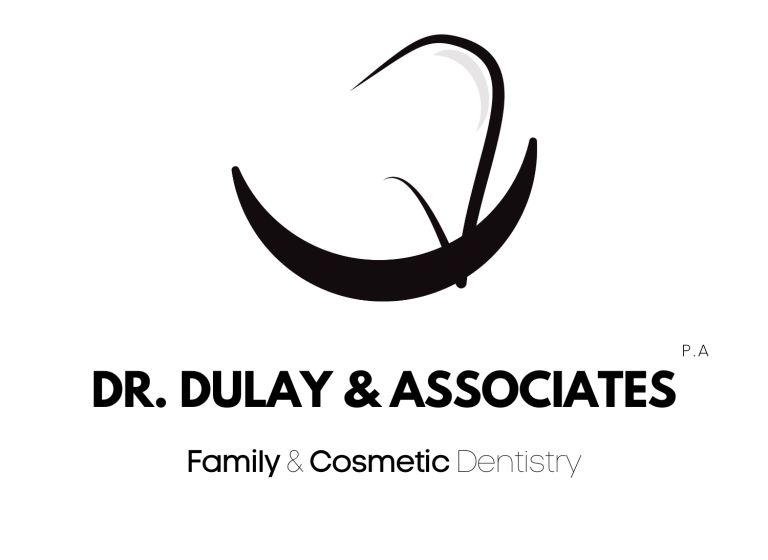PERIODONTAL (GUM)
DISEASE THERAPY
Periodontal disease, commonly known as gum disease, is not an easy process. Gum infection is not something any patient wants to deal with. However, while there are ways to reduce your risk of developing this condition, it can still happen for a number of reasons.
It is a relief to know that gum infections are completely treatable. It doesn’t matter whether you suffer from an early form of gum disease, an advanced form of periodontal disease, abscess, or pericoronitis, there is treatment available.
Important Information about Gum Disease
Nearly half of adults over 30 years of age have some form of gum disease, so it is essential to maintain regular dental appointments to catch any early signs.
What most people are not aware of is that gingivitis is considered to be the mildest form of gum disease and if left to its own devices, it can rapidly advance into periodontal disease.
Treatment Approach for Gum Disease
There are various treatments available and the approach differs depending on the severity. Severe cases may require more than one form of treatment, but the goal in dentistry is to begin with the least invasive treatment option available. If less invasive treatments are not effective, your dentist may need to choose a more aggressive form of treatment.
Treatment options for gum disease include:
- Deep Cleaning
- Surgical Treatments
- Clearing Individual Periodontal Abscesses
- Severe cases my involve extracting one or more teeth
Treating Pericoronitis
There are some types of infection caused by teeth trying to erupt, but failing to break all the way through the gum. This causes the tooth to become impacted, or stuck. Something as simple as a flap of gum folded over the tooth can cause bacteria to build up because food and plaque become trapped under it. This leads to an infection known as pericoronitis.
Sometimes, warm salt water rinses are prescribed to help fight off the infection. Other times an antibiotic must be introduced to eradicate it. If the tooth is a wisdom tooth, there is a good chance the dentist will recommend that it be removed.

